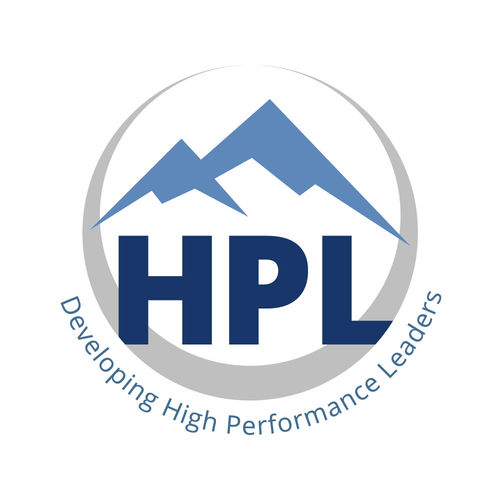
|
|
||
|
Do you want to get yourself better organized this year so you are ready to lead more effectively? Then these two tools will help you! Yes you!
At High Performance Leaders Inc., we help develop leaders to be more effective, everyday! Although there are many important aspects to being an effective leader included in our program, one straight forward but critical way is to get and stay organized.
Unfortunately, too many leaders say they want to spend more quality time with their teams, have more focus on their top priorities, and feel less overwhelmed. Sound somewhat familiar? Two vital tools that can dramatically assist with these far too common issues is Leader Standard Work (LSW) and a personal planning sheet and routine.
To assist in these areas, download these free basic LSW and personal planning templates and start off the year more organized!
Leader Standard Work
If you think LSW doesn't apply to you or your position, you are missing out on a very helpful tool. LSW is not only for first line manufacturing supervisors. It's a powerful tool for any leader in any business at all levels. Another myth is that a leader's job is not standard, so therefore LSW will not work. Absolutely there are aspects of a leader's responsibilities that are not standard, however, there are likely many responsibilities and actions that are standard when you step back and evaluate what needs to be accomplished.
LSW is simply an organized list of the most important responsibilities, actions, or tasks that a leader needs or wants to accomplish, and the frequency with which they need to be completed. This list then is used to remind the leader what they need to get done. When integrated into a robust scheduling and personal planning routine, it will result in improved results, accomplishments, and feeling of accomplishment. It will also avoid important things from falling off the radar over time or when things get hectic.
Read more here on developing leader standardized work
Personal Planning
Surprisingly many leaders also only use their calendar and maybe a note book for personal planning purposes. This can lead to losing control of your time and schedule, and not having time to get to those things that are most important to get completed. Important tasks or follow-up items may get buried within the notebook and get overlooked or forgotten.
A regular personal planning routine of reviewing your LSW, scheduled and new meetings, your priorities, outstanding actions and follow-up, is critical to being an effective leader. Coupling the routine with a single page weekly planner can have a dramatic impact on a leader's effectiveness.
Update and revise your personal planner once per week, print it out and then keep it up-to-date throughout the week using the old pen and pencil method, or maintain it live on your computer. Your choice. Add tabs to keep a log of actions or tasks that need to be completed at some point in the future, but that you don't need on the current week's planner. Categorize the tabs based on key areas of your life such as, "Follow-up", "Actions", "@Computer", "Errands" etc.
If this sounds basic to you, great! You should be all set and maybe already effective in this regard. However, indications are that many leaders lack a robust planning and organizing routine. A 20 minute weekly planning routine is all that is required to get organized and stay on top of the important things.
Read more here on personal planning
To assist in these areas, download these free LSW and personal planning templates and start off the year more organized!
|
||
|
||
|
||
|
||
|

|
|
HPL Administrator 7 November 29, 2024 |

|
|
Sabrina Sommerville 1 August 15, 2024 |

|
|
Glenn Sommerville 45 June 6, 2024 |